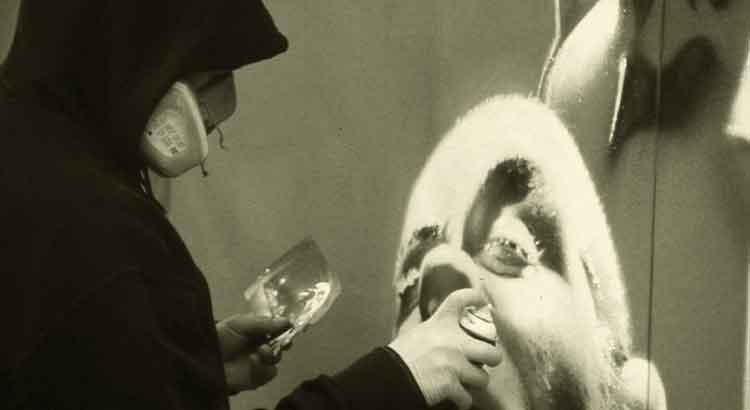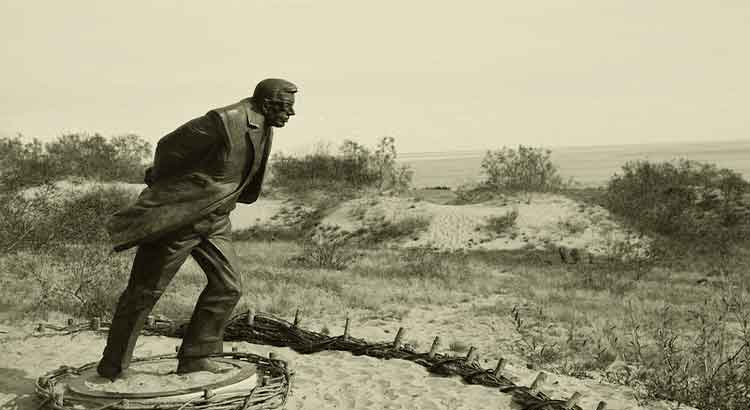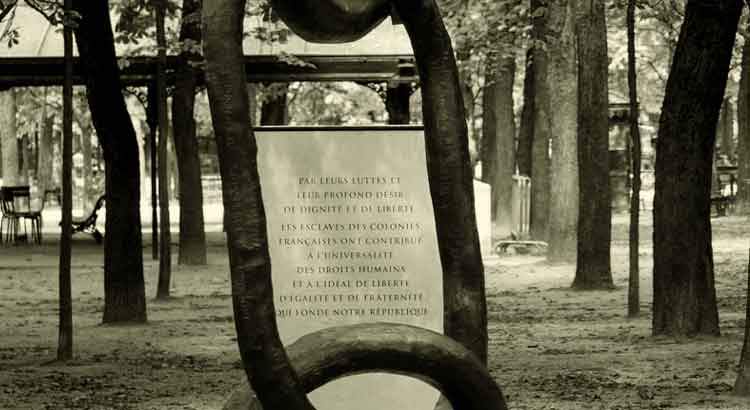Unfortunately, it is not wise to write only in the last stage of life, since it is not possible to define it previously… Sartre is right when he says that “l’homme est ce qu’il se fait,” and that therefore the act is responsible for materializing the genius, for realizing potentialities that, without action, would end up wasted. The act is the voluntary effort that transforms faculties into reality; by what it does, one man can be distinguished from another; Dante was and became Dante by composing verses, Shakespeare by doing plays; and so, although the conclusion may lead to unhappy results, there is no denying that the most important is the now.
Tag: philosophy
Man and His Circumstance
It is prudent when Ortega y Gasset says that “yo soy yo y mi circunstancia, y si no la salvo a ella no me salvo yo,” and also the realization that, living for his time, man lives for all times. There is, however, a danger in this. Dostoevsky inserted a timeless theme into the setting of his time; Dante represented the morals of his time in sublime verses whose essence lay in an acronymic spiritual drama. It is impossible to abstract them from circumstance without deforming them, yet in both, circumstance does nothing but pigment—individualizing, of course—a universal expression common to men of all times. The author, if obsessed with his circumstance and devoid of a sense of timelessness, tends to lose himself in ephemeral futilities, becoming irrelevant to the future, or even outside his social circle. More than anything, it is necessary that he develops a sense of what passes and what remains, of the detail and the essential; otherwise he will be fatally forgotten.
It Is Curious How Kierkegaard, a Prolix Writer…
It is curious how Kierkegaard, a prolix writer,—who sins by being prolix,—hardly irritates me. Although there are passages in his work that cause me great boredom, still they do not irritate me. Some others… Oh, God! The name of the moment is Jean-Paul Sartre. How is it possible that Sartre, a remarkable writer, can make me want to unlearn how to read, when I endure many, many pages of Kierkegaard’s prose? It seems that I can tolerate prolixity when I notice the author’s emotional state, when I notice that the topic is close to his heart, and, above all, when I notice his sincerity. On the other hand, if the author spends words on nothing, if he runs away from the proposed theme, losing himself in futile and vain reasoning, wasting my sight, then an uncontrollable impulse points out to me the exasperating character of what I am reading. I close the work, slam it against the shelf, and verbalize an insult. Sometimes I regret… This is not the case. Indescribable joy at abandoning Sartre to pull out a volume of Helena Blavatsky. Holy irritation!
Power Is Always the Reflection of a Relationship of Domination
If we measure power by the aptitude—availability of means—to corrupt the will or action of others by imposing one’s own will, we see that power is always the reflection of a relationship of domination. If we break the relationship and isolate the dominating side, analyzing it from itself to itself, we notice that such power is useless and ordinary. The desire for power, in the vulgar sense, is always a desire that focuses its lens on the other, on subjugating the other, on strengthening oneself before the other—and therefore abject. To desire influence is to show oneself to be someone who, notwithstanding the manifest vanity, holds the other in prominence in the equation of one’s own life—belittling him, however, as one unconsciously belittles oneself.



